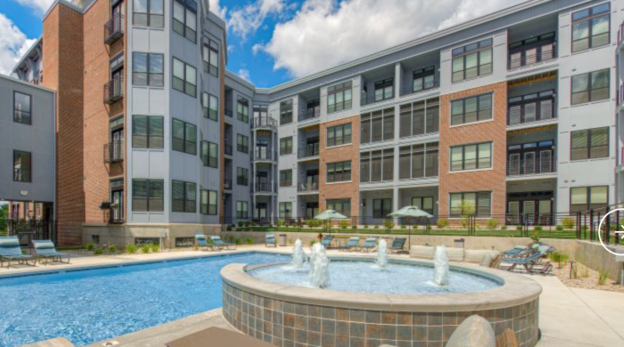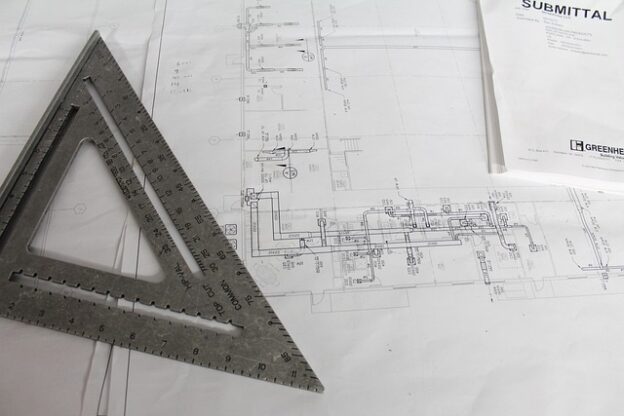Our client needed to pull cash out to upgrade their hospitality property but could not refinance due to the structure of their debt.
The amount they needed for their cash out was smaller than our typical loans. However, this was a repeat client who had approached us, seeking our counsel. Our management team looked carefully at all of their businesses and discovered a possibility. They owned an office building which was eligible for refinancing. There was even sufficient equity to pull out cash during the refinance.
Our client was pleased to close the loan and begin their upgrade.
GRP Capital is celebrating its tenth anniversary in 2024. This longevity has allowed to us to deepen our list of repeat customers. This benefits everybody.
Repeat Client Benefits:
• We know you! Our repeat clients are already “in the system”. We have their pertinent information, we understand the structures of their businesses, we even know who their team of professionals are. The “getting to know you” phase is already taken care of. We know what aspects of this process are easiest for you and your team and which present challenges at times. We are prepared for potential bumps in the road. Particularly with refinances and those with cash out components, this is critical.
• You Know Us! Repeat clients know the “GRP Capital way”. You know how we match you with a lender, how we internally underwrite your file and how we process loans. There are no surprises as you already know how we communicate and the roles we have from business associates to credit analysis, from management to loan processing.
• We know your people: If we have closed loans for you in the past, we may already have dealt with your attorney or your accountant. We already have emails for your insurance agent, your title agent and your franchise representative. Knowing how all of these professionals handle their business allows for seamless operations.
Our GRP Capital team specializes in finding the right lender for each project. We save our clients time and money, as we research the best choices for their funding sources. Our experience allows our clients to find funding that is project-appropriate and will allow for sufficient cash flow. Whether you are looking to refinance or purchase or engage in construction, we would love to discuss your business plans with you. If you are considering becoming a first-time (or second or third time!) buyer, we can assist you.









 Get Started
Get Started